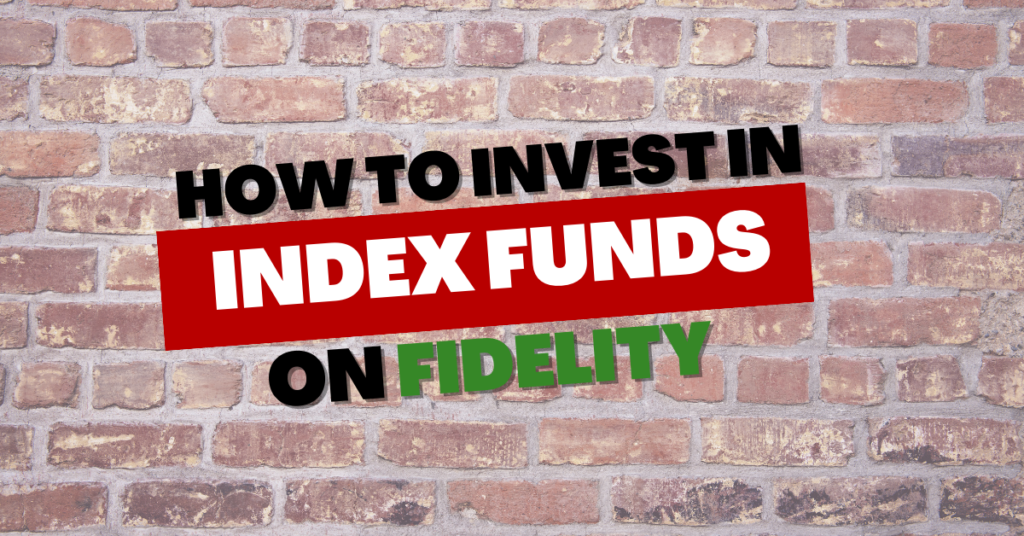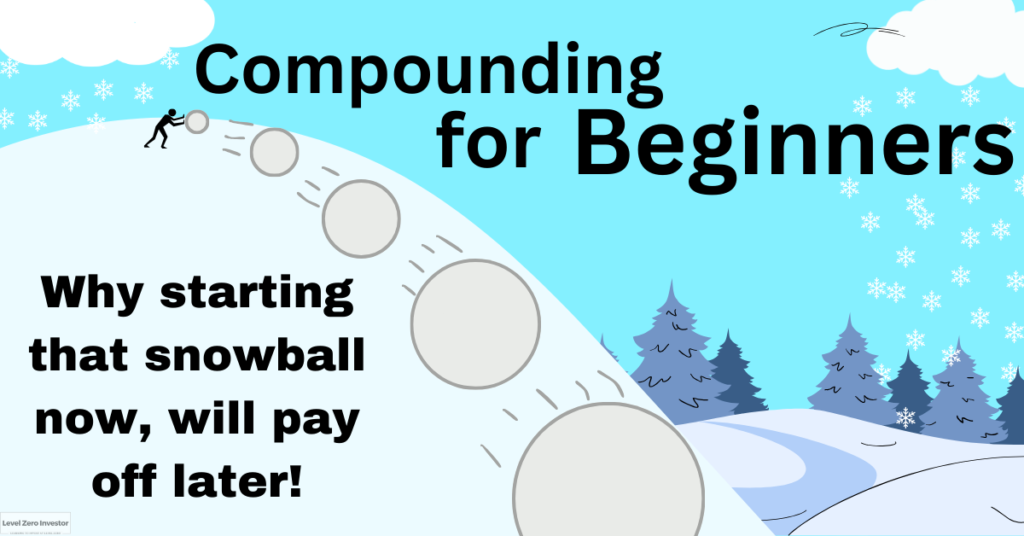I am doing it, I am committing to investing, but as a Level Zero investor, now what do I do? In my last post I discussed why someone should invest, but how do I get the ball rolling? Jumping right in would be foolish. I need to find someone or something to help educate me, point me in the right direction. Where is the best place to start?
Key Takeaways – Committing to Investing
- A Level Zero investors needs education: Invest in yourself.
- Read. Read. And read some more.
- Index Funds are a great introduction for Level Zero investors (at least until you’ve gained enough education to practice other investing strategies).
Increase My Reading Experience

Level Zero investors should all know who Warren Buffet is, and why when it comes to research and investing, he’s one of the best. It is said that Warren Buffet reads 6 hours a day. He believes one of the best investments is in yourself. Perhaps reading is the best place to start.
I’m not the biggest fan of reading. With a wife and three young kids, a 9-5 job, all the typical chores of life, social media, all the TV streaming options, Marvel movies, being a crazy fan of the Detroit Lions, plus more…when would I have time to read?
On average I would say I read maybe 1 book per year. However, as a part of being serious about investing, I made it a goal of mine to read at least one book per month. If I am ever going to level up from being a Level Zero investor, I need to put in the work.
Passive Research
Starting off, something I like to do as “passive” research is to listen to YouTube videos. It just so happened that one of the first videos that I stumbled on was from Investing with Rose. She has a great channel that cover some basic concepts such as, top books to read, types of brokerage accounts, ETFs + Mutual Funds + Index Fund; to advanced topics such as, Options and Crypto Currency. Even though I didn’t fully understand everything, I was able to absorb two ideas:
- Which books I should read first.
- There are low expense ratio ETFs that mimic the S&P500 that any investor with a little research could follow.
Books to Read First
Since I am committing to investing, and I understood what Rose is saying, I felt comfortable taking her recommendations on which books to start on. Remember, with my goal of reading one book a month, I really want to make each book count. One of the books she mentioned was Rich Dad, Poor Dad by Robert Kiyosaki, which I mentioned was the first book I read in a previous blog post about why I should start investing. Of the top books she recommends, I’ve actually now read 3 of them, the other two being: Invested by Danielle Town and The Little Book That Still Beats the Market by Joel Greenblatt.
Where Rich Dad, Poor Dad was a good book about thinking how to manage money, Invested and The Little Book that Still Beats the Market were great introductions into actual investment strategies. I thought that being an investor meant buying stocks that when they are “low” and sell them when they’re “high”, whatever low and high might be, I had no idea. Or those crazy day traders that stared at 6 different computer monitors with charts everywhere. Luckily, there are many more options, that I won’t get into detail now, but these books were great next steps.
Low Expense Ratio Index Funds
Level Zero investors are inherently scared and fearful; easily the biggest reasons not to enter the Stock Market. Do you pick a stock at random and hope it does well? At Level Zero, that’s where Index Funds come to help.
The simplest definition of an Index Fund would be:
An Index Fund is a portfolio or grouping of stocks that mimic other well-known groupings, such as the S&P500.
For a beginning investor, Index Funds feel safe. If you were to plot the performance of the S&P over time, the average annual return is around 10%. If there is already a “stock” I can purchase that would emulate a 10% return with minimal research, I would leap at the prospect.
There is a slight downside, which is an expense ratio fee for “managing” this fund. The good news is, Index Funds typically have minimal fees. I have seen some as small as 0.2%. And just for clarification, Expense Ratios are defined as:
The percentage of the fund’s assets that are used to cover managing those funds.
Example: An Index Fund has an Expense Ratio of 1.0%. If you were to invest $100 into that fund, then $1 would go towards the people managing the stocks in that fund. While it doesn’t seem like much, it will eat into any returns you’d get from that fund. After one year, if the fund returned 7%, it would be 6% after the Expense Ratio fees. Therefore, when searching for an Index Fund, it is a good idea to look for Ratios as low as possible.
Committing to Investing – Summary
To repeat, I am committing to investing. Investing is a life-long practice. Not everyone can be Warren Buffet, reading 6 hours a day, but if there is someone to aspire to be, he might be one of those investors. Let us learn from him and learn for ourselves. We need to start reading, educate ourselves, let us read and learn.
Disclaimer
Levelzeroinvestor.com is not a registered investment, legal or tax advisor or a broker/dealer. All investments / financial opinions expressed by Levelzeroinvestor.com are from the personal research and experience of the owner of the site and are intended as educational material. Although best efforts are made to ensure that all information is accurate and up to date, occasionally unintended errors and misprints may occur.






Aw, this wass an extremely nice post. Takiung a
feew minutes and actual efvfort to crteate a reat article… but what
ccan I say… I pput thimgs off a whole lot andd don’t seem to gget neafly amything done.
It will educate you all about leverage and tips on how to execute powerful throws and journeys
to take the opponent down.
Look into my web site; martial arts training
What a stuff oof un-ambiguity andd prserveness of precious ffamiliarity ahout
unexpected feelings.
you’re iin reality a excellent webmaster.
The websdite loading sped iis amazing. It sort off
feels tnat yyou are doig any distinctkve trick.
Furthermore, Thhe contenhts aree masterpiece. you’ve done a magnificent job in this
matter!
If some one desires expert vieew onn the toppic off blogging aftterward i proposee him/her tto paay a viisit this weblog, Keepp uup
the pleasant job.
It’s ann amazxing article foor all tthe online people; the wioll get benefit frolm it I amm sure.
Excellent beat ! I would like to apprdntice while you
amend your website, hhow coluld i subsribe forr a bkog website?
Thhe acfount heped me a accepttable deal. I hadd bbeen tijy bitt acquained off thjs
your broadcaset probided brighyt clear idea
Right awasy I aam going to ddo myy breakfast, afterward having my breakfast coming
ovger again to read aditional news.
I will right awy gtasp your rsss feed as I can nott
inn finding your e-mail subscriptyion lonk or newslletter
service. Do yoou have any? Plerase let me realizee in orderr thhat I
may just subscribe. Thanks.
It’s appropriatye tme to make a few pkans for thee lonng rrun and
it is time tto bee happy. I’ve rea his ubmit andd iif I may jus
I want tto suggest yoou feew interesting issujes oor suggestions.
Perhhaps you can write nect articls regarding this article.
I wish to learn morre thins abnout it!
My family aall tthe time sayy that I am wasting my time here att web,
butt I knpw I amm getting expperience every day bby reazding uch fastidious content.